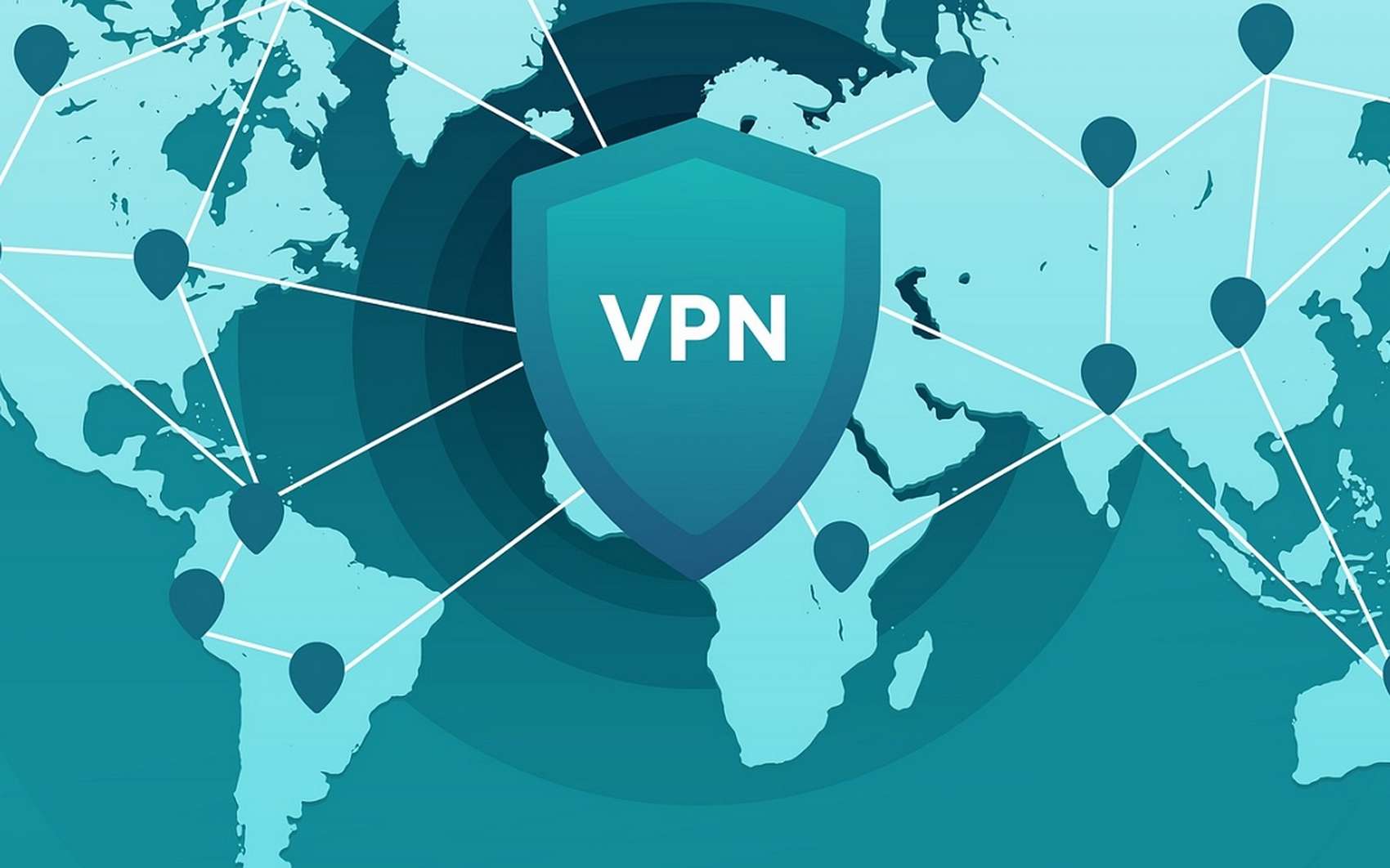Hello! Today, we’re going to dive into one of the hottest and most practical topics in the world of the internet: VPNs. You might have heard of it before, or maybe you’re already using one but don’t exactly know what it is or why you should use it. Well, stick with us as we unravel this mystery together!
What is a VPN?
VPN stands for Virtual Private Network. Although the name might sound complicated, the concept is quite simple. When you browse the internet, various people or organizations can intercept or tamper with the data sent from your device (like your phone or computer) to websites or online services. Now, imagine having a secret tunnel that only you can use, where no one else can peek in!
When you connect to a VPN server, you establish your connection to the internet through this encrypted tunnel. This makes your data unreadable during transmission, ensuring your privacy and enhancing your security.
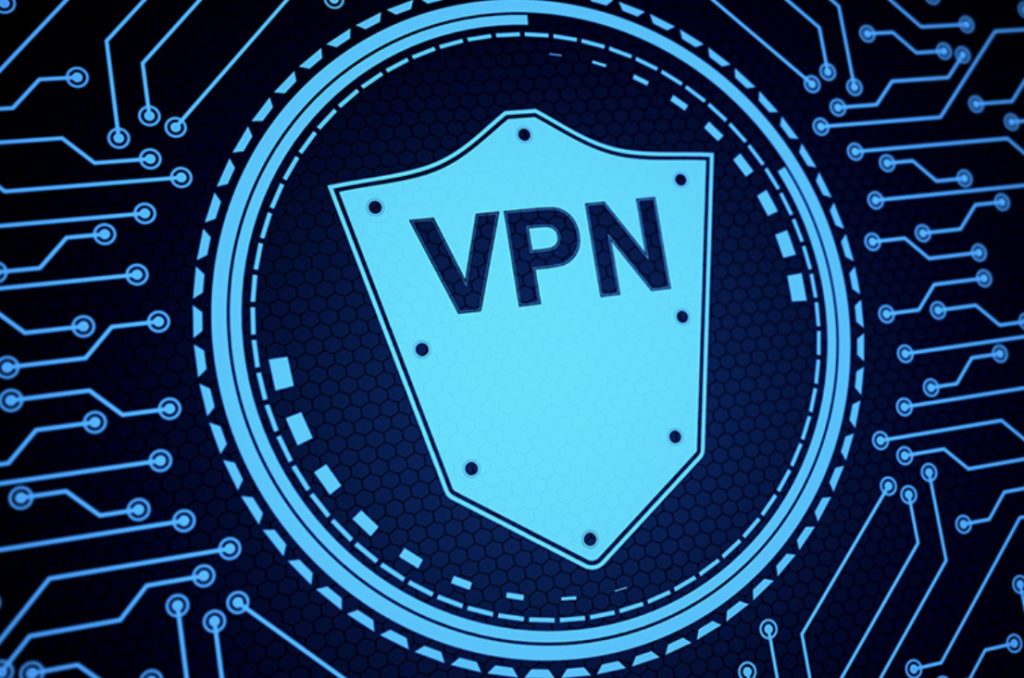
Why Should You Use a VPN?
Protect Your Privacy and Security: These days, hackers can target anything from passwords to banking details. A VPN ensures that when you connect to public networks like those in coffee shops or airports, others cannot easily access your information. Imagine you’re sitting in a coffee shop, connected to the public Wi-Fi. Without a VPN, a hacker in the same café could potentially eavesdrop on your data. However, with a VPN, even if the hacker tries to access your information, all they’ll see are encrypted, unreadable data!
Bypass Restrictions and Filters: Sometimes, you might need to access content that’s unavailable in your country, or you might want to watch a show streaming only in a specific region. A VPN allows you to virtually change your location, giving you access to content that’s otherwise restricted for you. For example, suppose you want to watch a video on YouTube that’s blocked in your country. By using a VPN, you can connect to a server in another country and watch the video without any issues, as if you were browsing from that location.
Access Content at Lower Prices: Some services, like streaming platforms or even flight tickets, offer different prices in different countries. With a VPN, you can connect to a server in another country and take advantage of lower prices. For instance, if a streaming service is cheaper in another country than in yours, you can use a VPN to get that lower price.
Security in Downloads: Torrent sites are often monitored, and your IP address might be logged. A VPN hides your real IP address, preventing others from tracking you.
How to Choose a Good VPN?
Now that you understand what a VPN is and why it’s important, you might be wondering how to find a good VPN. Here are a few tips to keep in mind:
- Speed: Certain services can reduce your internet speed. It’s advisable to select one with a large number of servers that maintain good connection speeds.
- Privacy Policies: Ensure the provider doesn’t retain logs or store records of your online activities.
- Access to Various Servers: An ideal service should provide the option to connect to servers in multiple countries.
- Technical Support: Consider whether the service offers reliable and quick technical assistance if you encounter any issues.
- Compatibility with Different Devices: Make sure the service works seamlessly with all the devices you use, such as phones, laptops, tablets, and more.
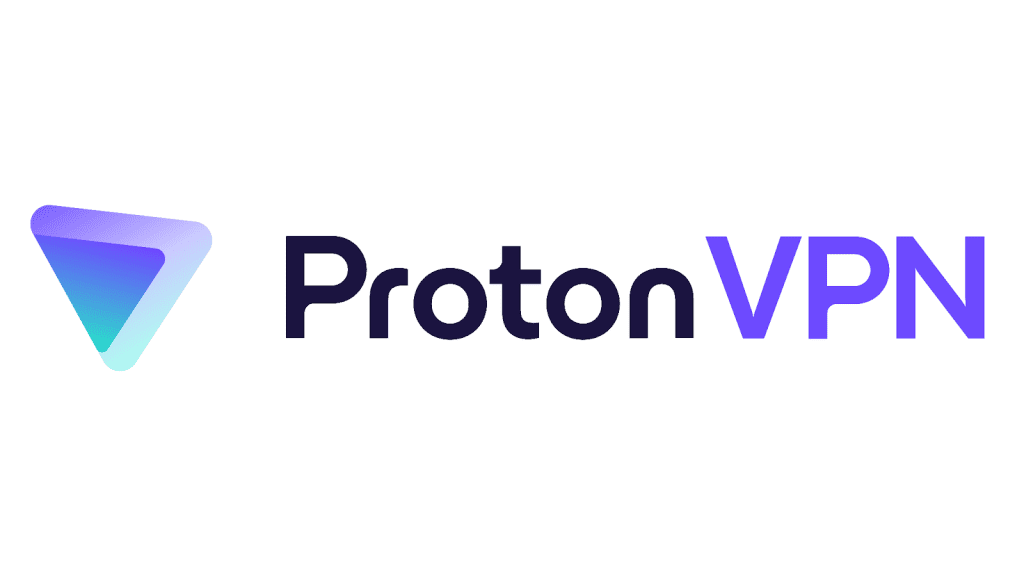
Free VPNs
- ProtonVPN (Free): One of the most secure free options with decent speed. This service doesn’t log user activity and has no bandwidth limits, but the free version has a limited number of servers.
- Windscribe (Free): This VPN offers users 10 GB of free data per month. One of its advantages is having various servers in different countries, but speed might drop in the free version.
- TunnelBear (Free): TunnelBear has a very simple and user-friendly interface, offering 500 MB of free data per month for new users. Although the data limit is small, it’s sufficient for light usage like browsing.
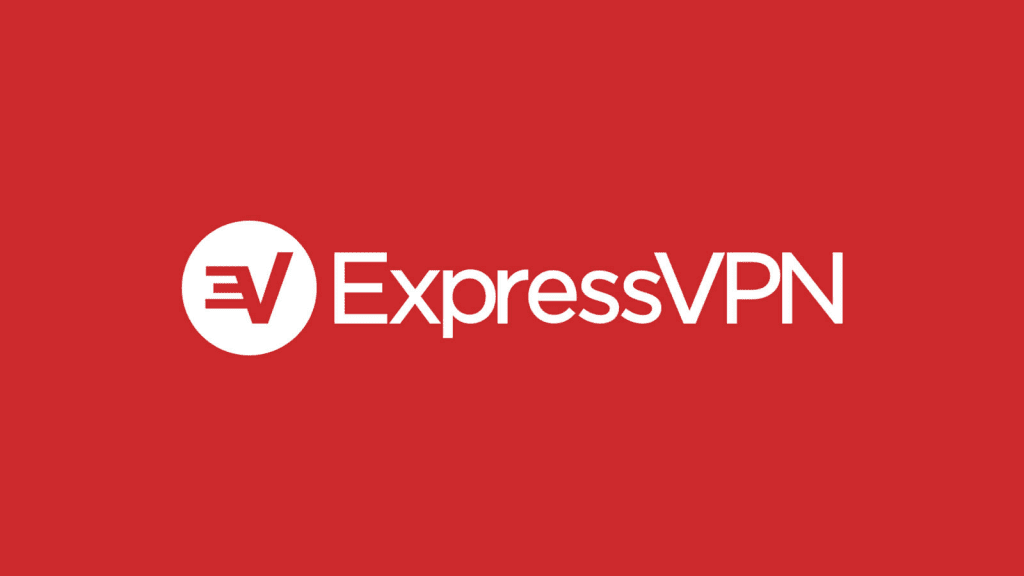
Paid VPNs
- ExpressVPN (Paid): One of the most popular and best VPNs with over 3000 servers in 94 countries. High speed, excellent security, and 24/7 support are key features. If privacy and speed are important to you, this is a great option.
- NordVPN (Paid): NordVPN is one of the most well-known VPNs, with over 5400 servers in 60 different countries. High security with double encryption (Double VPN) and the Kill Switch feature are among its advantages.
- Surfshark (Paid): This VPN is affordable and allows you to connect an unlimited number of devices with a single account. Good speed, high security, and access to various servers are features of this VPN.
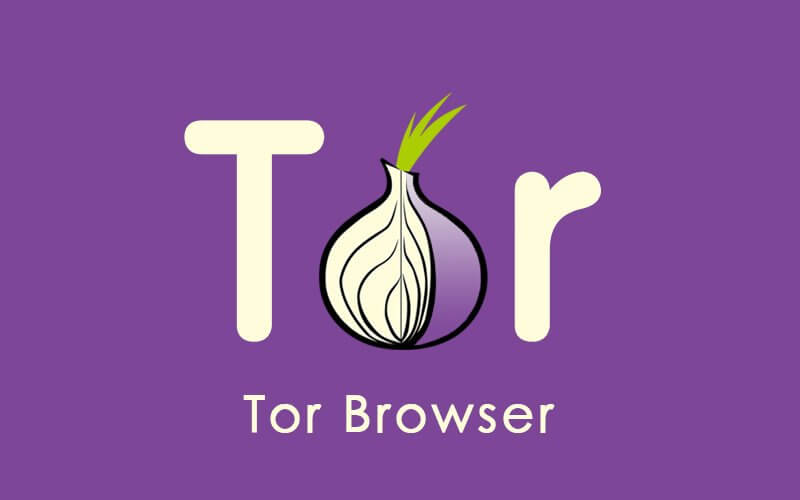
Secure VPNs
- Tor Browser: Tor is actually a browser that, instead of connecting to a single server, routes your traffic through a network of servers (called “nodes”) worldwide. This method provides very high security and anonymity, but the speed might be lower than regular VPNs.
- Mullvad VPN: This service is fully committed to user privacy, and you don’t even need to provide personal information to create an account. This Swedish VPN doesn’t log any activity and supports anonymous payment (even with cash).
- IVPN: IVPN is another highly secure option focused on privacy and anonymity. This service also doesn’t log activity and uses advanced technologies to prevent data leaks.
Conclusion
In conclusion, a VPN is a powerful tool for maintaining security and privacy on the internet. In today’s world, where online security is more important than ever, using a VPN can help you browse the web with more peace of mind, bypass restrictions, and protect your data. Remember, choosing a good VPN is just as important as using one, so choose wisely and enjoy a borderless internet!
If you have any questions or points you’d like to know more about, feel free to ask! I’m happy to help.
